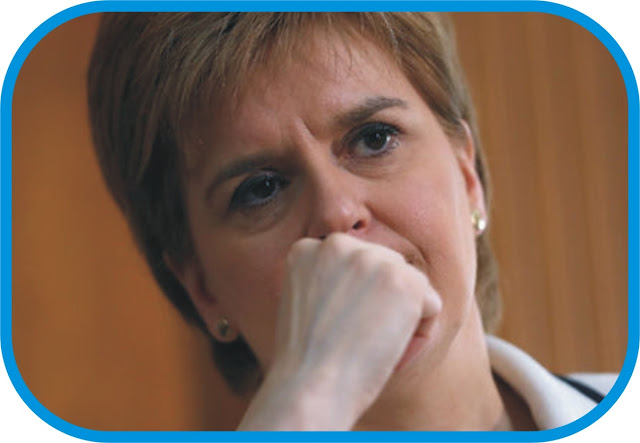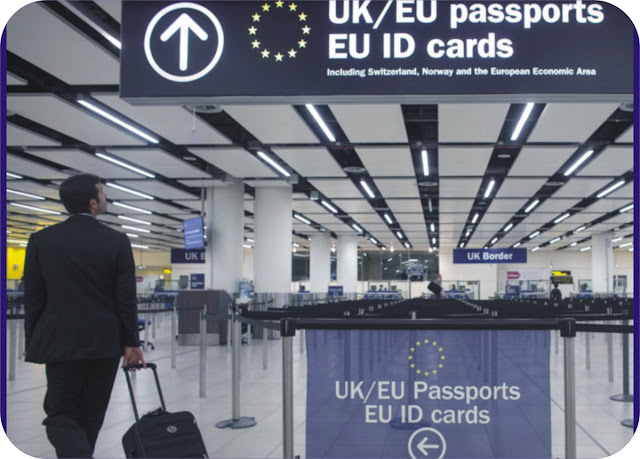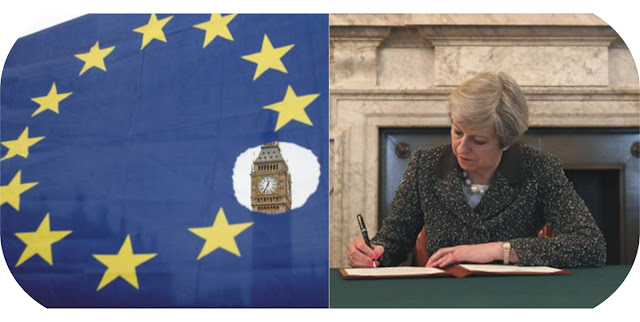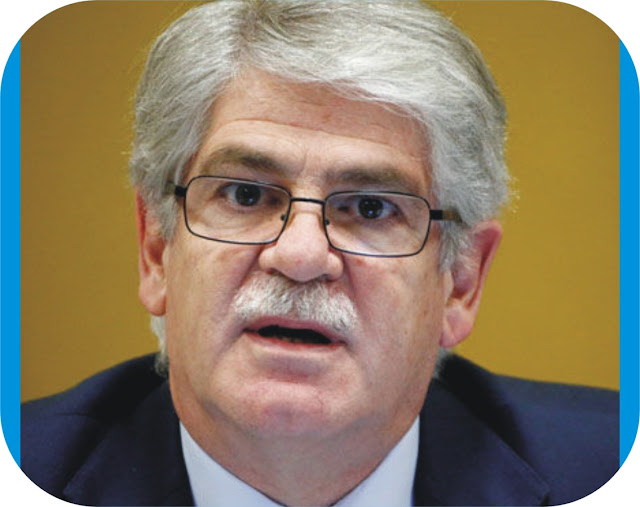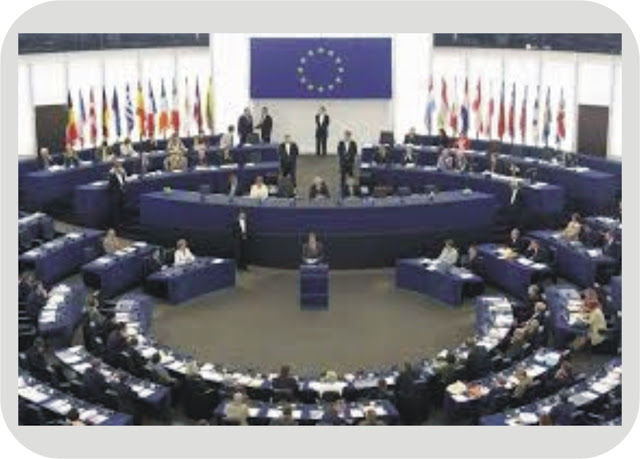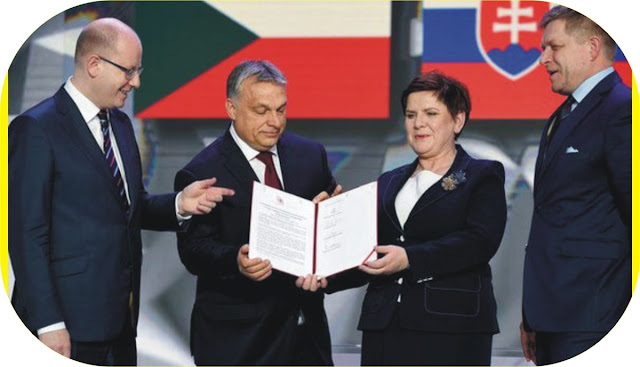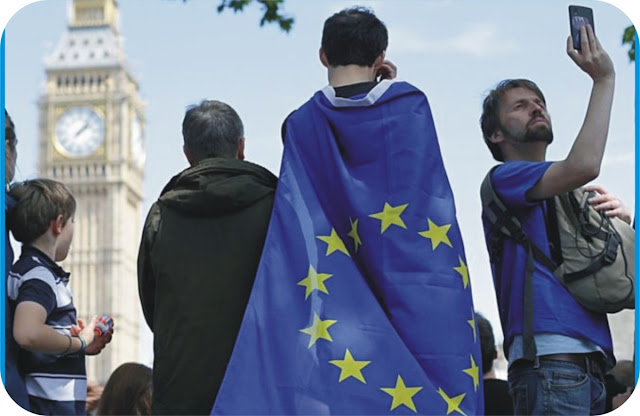
EU migrants to be sent back to their various countries after Brexit
SHOCKER: As recent survey reveals that majority of Scottish
people want all jobless EU nationals to go back to their various countries. A revelation
which is in contrast with claims made by Nicola Sturgeon, saying that Scotland
is open to all foreigners, more so, EU nationals irrespective of status.
The opinion poll was spear headed by Mev Brown, a Leave
campaigner in the run up to the referendum, shows that about 45% of the sampled
population agreed that jobless EU nationals who had not gone back to work for
six months plus should be sent back to their own country. While 30% are of the
opinion that those who have been jobless for a long term should be made to
apply for a visa, with the other 25% saying, they should be given indefinite
leave to remain.
Further, the poll conducted by BMG reveals that 46% are of
the opinion that EU migrants who are homeless or living in temporary
accommodation should be shown the way out of the country, post-Brexit. While
28% think they should have to apply for a visa, and the remaining 27% saying they
should be given the right to remain.
In a similar vein, the poll reveals that 81% want all
convicted criminals from the EU to be sent back to their own countries.
On the other hand, 46% want all EU citizens in full or part
time work and claiming in-work benefits to be given the right to remain
indefinitely. While 42% still want them to apply for visa to enable them stay
in Scotland after Brexit and 12% believe they should return home.
Overwhelmingly, the largest vote of confidence was given to
EU migrants in full or part time work who are not claiming any benefits, with
71% backing them to stay. Though a further 26% believe this group should have
to apply for a visa, while only two per cent think they should be asked to
leave Scotland.
From the result of the survey, it was also shown that more
women are wanting EU nationals to leave Scotland and apply for a visa from their
country than their male counterparts.
In the months since the vote to leave the EU, the SNP has
repeatedly attempted to make political capital out of the uncertain status of
173,000 EU citizens in Scotland.
Even though EU migrants are more likely to have a job than
British citizens, statistics demonstes that around 25% cent are not in work -
which would translate to about 43,500 people north of the Border.
Mr Brown, former chief spokesman for Brexit campaign group
Business for Britain in Scotland, said: “The polling data very much reflects
the conversations I had during the Brexit campaign.
"Scots clearly want an immigration policy where the
best interests of the country determines who is allowed to stay and who can
come into the country after Brexit.
"In short, Scots do not support the SNP's soft touch,
open door, 'free for all' immigration policy.
Indeed, the findings show how sophisticated Scots voters
are.
"There is a clear recognition of the contribution
foreign workers make to the Scottish economy and that foreign workers are
welcome in Scotland.
"However, when looking at long term benefit claimants,
that support falls significantly. Forty five percent of Scots think long term
benefit claimants should be sent home when we leave the EU.
"The fact is, given the current jobs market, there is
little justification for any foreign worker being unemployed for that length of
time.
"These findings show that voters know that the welfare
state is under enormous financial pressures.
"The data shows that Scots voters have broadly the same
view towards EU homeless citizens. Perhaps it would be more appropriate for
their own government to provide assistance?
"When you look at EU citizens that are convicted
criminals, Scots voters are sending the SNP a message – send them home, a view
shared with the large majority of SNP and Green voters.
"The SNP's 'soft touch' immigration policy is
completely at odds with the views of Scottish voters."
Few night ago, the Scottish Government said EU national were
"greatly valued" around the nation.
On the other hand, a spokesman added: "By far the
biggest threat to Scotland’s economy is a hard Brexit, which threatens to cost
our economy around £11 billion a year by 2030, and cost the country 80,000 jobs
over a decade.
“The Scottish Government greatly values both the
contribution that EU migrants bring to our economy and society, and the
benefits of freedom of movement enjoyed by our own citizens, such as the right
to free movement to live, study and work in all EU countries and benefit from
their health care and social security systems.
“We want EU nationals in Scotland to feel settled and secure
and to continue to make a strong contributions to our country. We continue to
urge the UK Government to provide assurances on the status as soon as possible
in the forthcoming negotiations with the EU."



